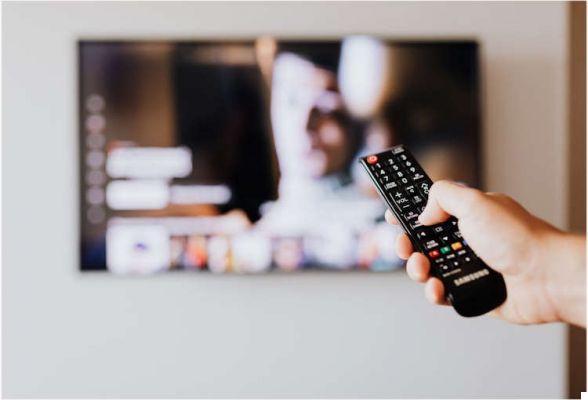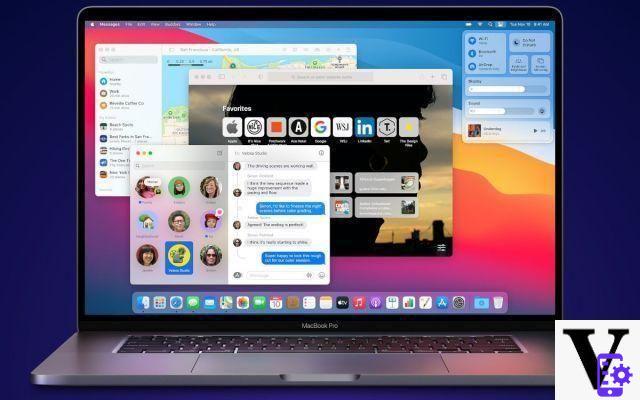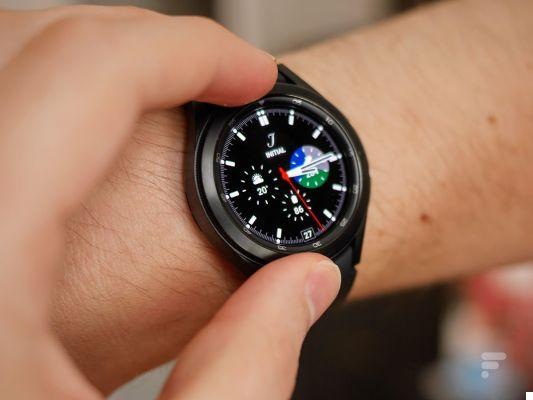Let's dispel this and other myths
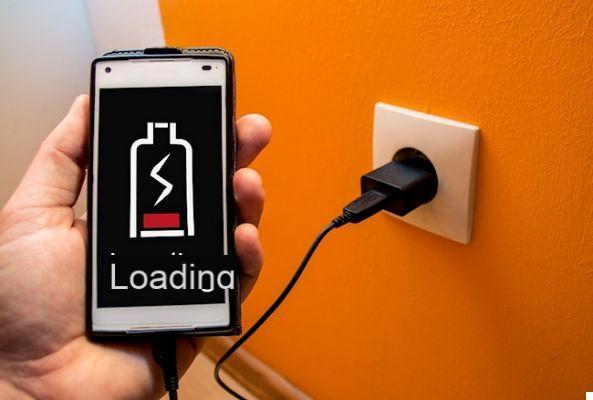





We practically all do it: before going to bed we connect the smartphone to the charger and leave it there for eight hours. The idea is to wake up by finding a nice one 100% as a battery charge indicator.
The problem is that it is said that it is a practice that damages the battery and over time reduces its capacity. What to do then?
| Calls + Internet for ONLY € 2,50 per month? Are we crazy ??? No, it is the new offer from InformaticsKings Mobile! Click here to find out more |
In this article we will try to give you the answer and to demolish some myths about batteries.
1) Does charging the mobile phone overnight overcharge the battery?
It can't happen, simply because the battery contains protection chips that prevent overcharging (the same happens with batteries in laptops or tablets). When it reaches 100% capacity, the Li-ion battery stops absorbing energy.
If anything, from that moment it will begin to lose charge, obviously a very small amount because the phone is off. If you leave the smartphone plugged in all night, it will just happen that the charger will constantly give new energy every time the charge drops to 99%.
The practical effect of this action, however, is a shorter overall battery life. How can you avoid it? Simply by putting a timer on the socket, which turns it off after a couple of hours, or by unplugging the cable yourself, if you have the habit of waking up in the middle of the night.
The effect of constant restoration of the charge from 99 to 100% can, at the limit, cause a slight overheating of the mobile phone. For this reason it is recommended not to bury smartphone and charger under newspapers or, worse, pillows.
2) The battery should always drop to 0% before being recharged
With modern ion batteries of Lithium is no longer necessary to squeeze the smartphone to the last drop of energy. Indeed, the opposite is true.
The ideal would be to charge the mobile phone when the indicator shows a residual charge between 30 and 40%, and not let it go beyond 80%, because it is from that percentage that you can begin to degrade the most quickly. battery.
Lithium batteries can generally withstand between 300 and 500 complete charge cycles (we refer to the most common model, the 18650) before reducing the capacity to 75-80% of the original one.
Some research says that if you always keep your cell phone charged between 20 and 80%, the useful charge cycles can reach up to 1000 before noticing a drop in capacity.
It is clear that keeping a cell phone on a charged level always included in this range is very difficult, unless you are constantly looking at the display while charging.
3) Does my battery suffer from "memory effect"?
Absolutely not, is a problem that concerned the old Nickel-Cadmium batteries., which had to be fully discharged before being recharged.
Why does it seem that lithium-ion batteries get worse over time? Simply because of their ability. If at the beginning of their life cycle in a given period of time they reach 100% charge, over time, after a couple of years, they can only reach 82% in the same time.
4) Cell phone batteries only last a couple of years
It is too drastic a statement, but one that has a grain of truth. As we have already mentioned, battery life is measured in "charge cycles". This means that every time you discharge up to 100% of the capacity, it goes through a cycle, but it doesn't mean that you have reached zero.
For example, if your cell phone scores 80% and you discharge up to 30% (that is, you consume 50% of your charge) and you charge it up to 80% and use it, you have completed a cycle. And if the battery capacity has decreased (and obviously over time it has) you may find yourself doing that recharging operation not once but a couple of times a day. By decreasing the usable charge cycles of the battery before it becomes almost completely unusable.
It is for this reason that a battery can last two years, or even three, or even something more: it depends (obviously ...) on the use, more or less massive, of the mobile phone.
5) Change the battery or not?
In a world where manufacturers increasingly tend to make the battery NOT replaceable, it is a question that is starting to no longer make much sense. Their message is clear: after two, MAXIMUM three years, change your cell phone directly. Planned obsolescence? Sure, and in a very specific way ...










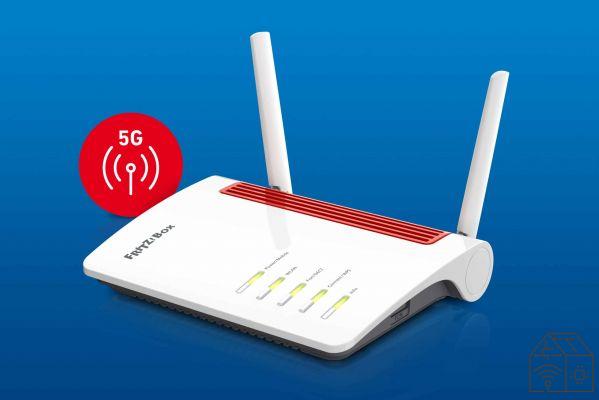

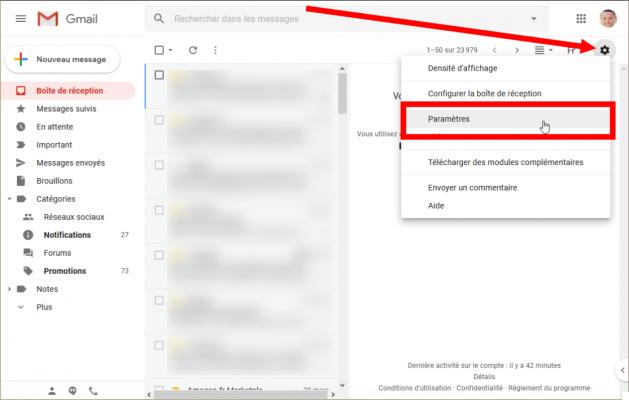




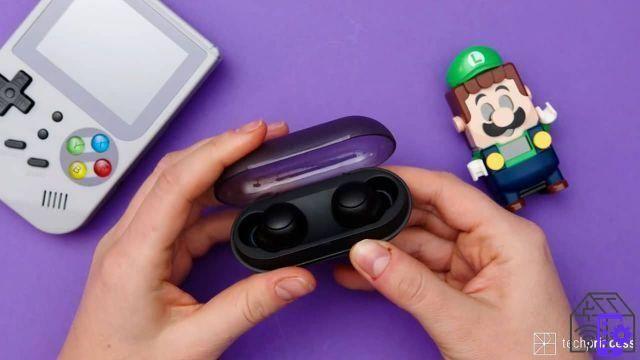



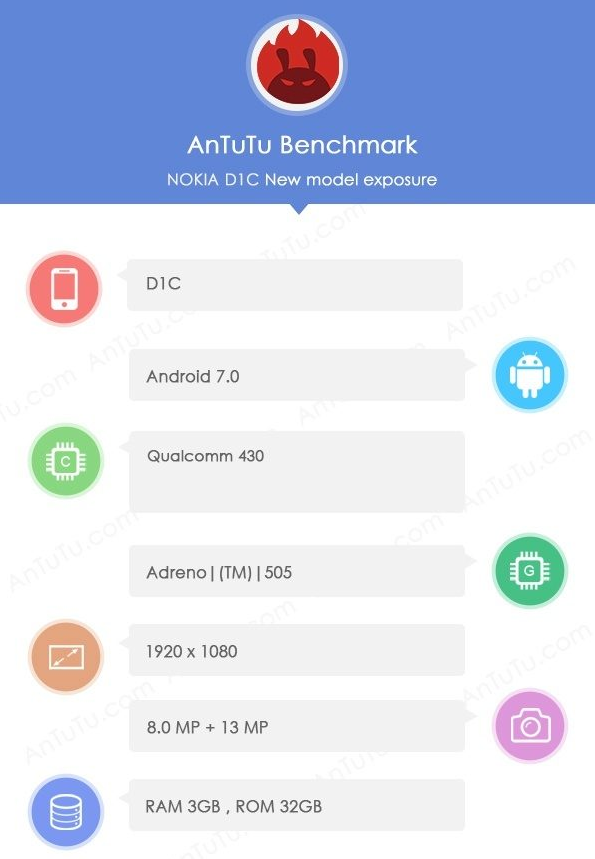
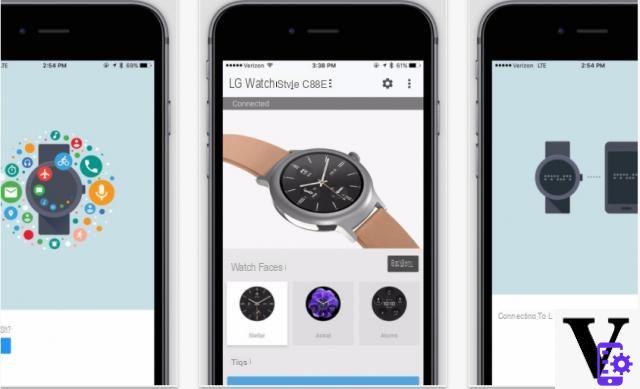


![[Review] Samsung Powerbot VR7000: the robot vacuum cleaner from Star Wars](/images/posts/6bc44de38605b5c0fa12661febb1f8af-0.jpg)

